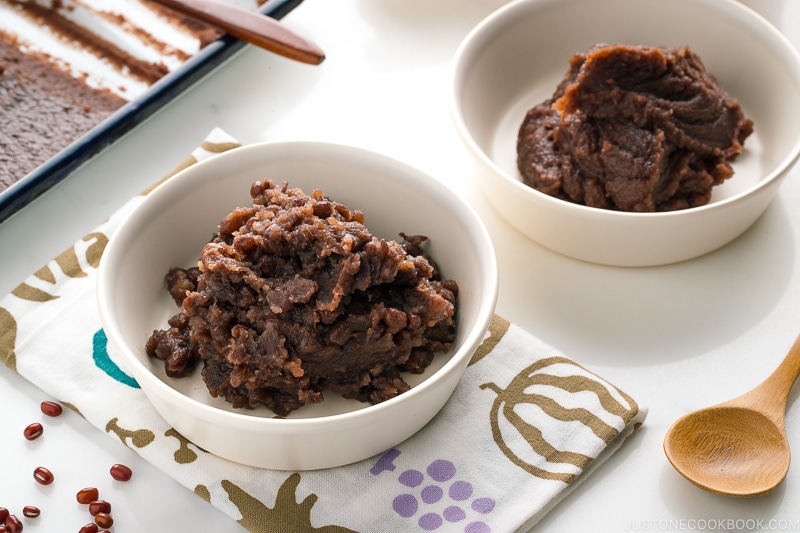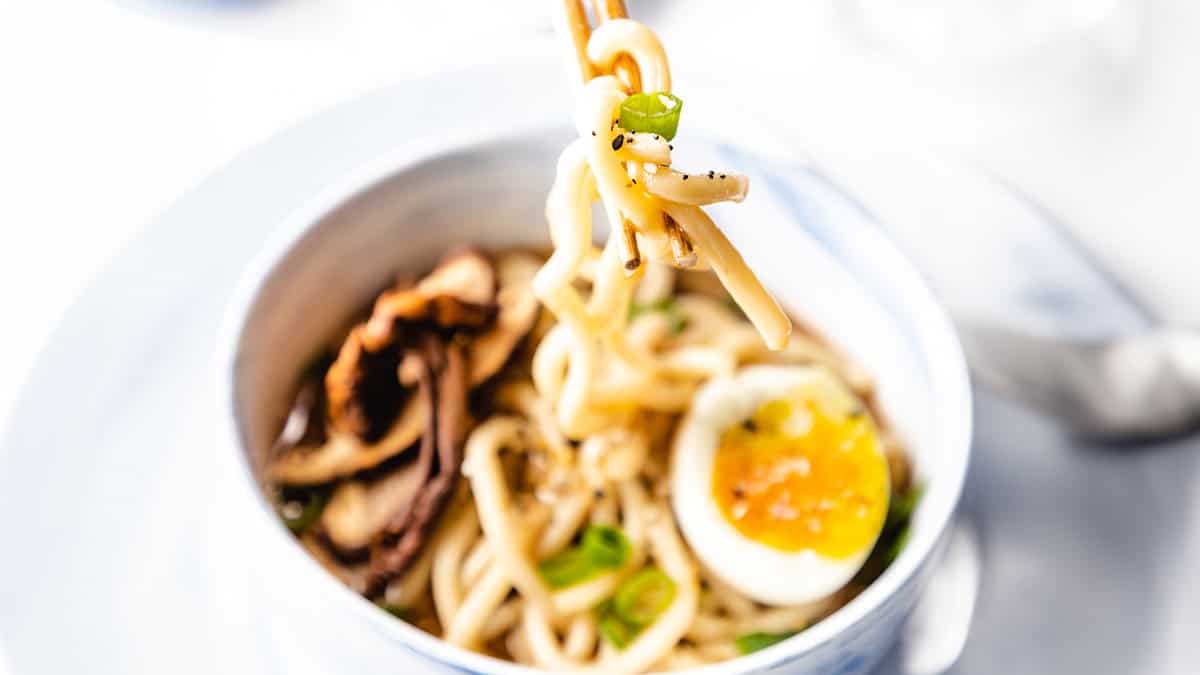You might have heard about ‘akiya’, or vacant homes in Japan, often available at a fraction of the average property entry price. These houses can be found all over Japan, from the countryside to quieter towns and even inner cities.
Some ‘akiya’ are ready for moving in, while others require varying degrees of renovation. An ‘akiya’ can be a relatively recent construction, but some of the more sought-after ones are traditional ‘machiya’, loved for their wooden aesthetic. Whether you’re looking for a bargain entry price to the property market, enjoy renovating old houses, or perhaps looking for a different lifestyle, an ‘akiya’ could be the way to go.
Buying an ‘akiya’, however, can be a little more involved than the usual property deal. We cover helpful tips for finding the right property, the steps you'll need to take to make a purchase, and the legal aspects involved. We'll also touch on what to consider if you're thinking about akiya as an investment. Let's explore the possibilities of finding your own home in Japan through the akiya market.
Is Buying an Akiya a Good Investment?

Takeaway:
-
There are many great ‘akiya’ success stories
-
Reasonable, ‘mortgage-free’ home ownership
-
A touch of business savvy could turn you a profit
There are numerous ‘akiya’ success stories where people have bought into the Japanese housing market at relatively low cost. However, unless you are really savvy and attuned to doing business in Japan, an ‘akiya’ is not recommended as a short-term turnaround investment.
On the other hand, if you are looking for long-term security built around a certain lifestyle and community, an ‘akiya’ is a route worth considering. One key advantage is the opportunity to become a homeowner without the burden of a lifetime mortgage.
In terms of ‘investment opportunities’, a lot depends on the location as well as business restrictions that may come into play. There are astute individuals who do profit from flipping ‘akiya’. However, these are generally more attractive properties and in locations with flourishing tourism or future growth potential.
In certain areas, local bylaws may require you to occupy the property on a semi-permanent basis. This is especially true for areas that are designated for rural or community revival.
In other situations, renting or subletting the property is prohibited, and things like Airbnb rentals may also be restricted. Therefore, short-term occupancy in terms of a ‘holiday home’ is not impossible, but may not be feasible in all locations.
Can a Foreigner or Non-resident Own a House in Japan?

Takeaways:
-
No special visa requirement needed for property ownership
-
Property ownership doesn’t afford any visa rights
-
There are options for acquiring longer-term visas
The short answer to this is ‘Yes’. You do not need any special visa status to own or invest in a property in Japan. With a growing interest in ‘akiya’, there are businesses and real estate agents that cater to foreigners trying to enter the market. These services do come at a cost and, at the end of the day, you may still need to deal with the owners of the property face-to-face.
Owning property in Japan does not bring any kind of special visa status, nor is there any fast tracking to permanent residency or acquiring Japanese citizenship. Unlike other developed or even developing nations, there is no way to ‘buy your way into the system.
Therefore, to be able to live longer term in Japan, you will need to self-fund your stay, establish a business, or find some kind of local work that could support a longer-term visa. Japan, unfortunately, has no specific category of ‘retirement visa’.
What’s the Catch and Hidden Costs to Akiya Ownership?

Buying an ‘akiya’ can be a simple and straightforward process, especially if the owner is eager to sell. In other situations, there are reasons why the house has been left vacant for an extended period of time, and these can indicate potential issues.
Legal Ownership Issues
Sometimes, with an abandoned property, there is no clear record of ownership or inheritance. This is when local brokers may become indispensable. Sometimes there may be inheritance disputes over the property, or the inherited owners have chosen not to register their name on the property for tax or other financial reasons. Abandoned houses often fall under the management of ‘akiya banks’ of local municipalities.
Lack of Ccommunity Trust
It may also happen that the owner of the property is not interested in doing a deal with you. For the sake of their reputation in the community, they may not consider you an ideal candidate. It is not just a question of being a foreigner, since Japanese urbanites may frequently encounter similar difficulties.
In rural locations, you are more likely to be successful in a purchase once you have established relationships of trust with people, and the community can clearly understand your position and intentions. In small towns and semi-urban areas, getting a foothold in the community may not be such an important prerequisite.
Excessive Renovation Costs
When searching for an ‘akiya’ online, there will usually be some indication of the degree of repair needed. Sometimes, these are just minor but important upgrades. However, in other situations, a complete overhaul of the property may be required.
Generally, the cheaper the property, the more work you’ll probably need to do on it. The important thing is to determine your overall budget and to do a proper cost estimate for the repair or upgrade of the property.
Restoring an ‘akiya’ can be a ‘labor of love’ that spans over quite a few years. To keep costs down, you will need to learn DIY skills as you go along because relying on local skilled labor in Japan can be costly.
So, Where Can I Find an ‘Akiya’?

Takeaway:
-
A professional broker dealing with foreign clients
-
Online ‘akiya’ websites and estate agents
-
Local government ‘akiya banks’
The best place to start your search for your dream home, ‘akiya’, is online. There are a number of options, but a website dedicated to English speakers is a good start.
You can try a consultancy that will take your case up on a personal basis. This is often the best choice if you are living outside of Japan, cannot speak the language, or have limited experience of Japan outside of major tourist locations.
Another option is a real estate service that caters to foreign clientele. Although mostly geared towards people living in major cities, you can often find valuable resources on their homepages and, for a fee, they may be able to connect you to regional partners and more local agencies.
There are also ‘akiya banks’ usually run or supported by local municipalities or prefectural offices. ‘Akiya banks’ have more properties listed since they are unvetted by a broker service. ‘Akiya banks’ are in Japanese, but easy enough to navigate with browser translation tools.
How Do I Get to View an ‘Akiya’?

Takeaway:
-
Contact the broker or Akiya Bank representative
-
Be clear on your intent and purpose
-
Some personal details may be required
Once you have found an interesting property, you will need to set a viewing appointment. If you have a broker acting on your behalf, they will do this for you. If you don’t have one, you will need to locate the contact details on the listing website (and communicate in Japanese).
The contact could be an appointed estate agent or a representative from a local ‘akiya bank’. This may require you to fill out an application form requesting your contact details, reasons for wanting to view the property, and possibly family-related information.
If and when your request is accepted, you will be given a time and place for the appointment. Most listed ‘akiya’ do not provide an exact address but rather the municipal district. You can often get a good idea of the location from details on the listing, like the nearest school or other public conveniences.
What Are My Legal and Financial Obligations?

Before you can claim an ‘akiya’ was your own private property, there is, of course, the usual paperwork that needs to be done.
Although costs will vary, you will need to set aside at least 3,000 to 7,000 USD:
-
Set a 3% brokerage fee on the sale price - chukai tesuryo
-
Deposit stake of 5-10% on sale price - tetsukekin
-
Stamp duty -ishi sei
-
Title registration tax - touroku menkyo zei
-
Property acquisition tax - fudosan shutoku zei
-
Annual fixed asset or property tax - kotei shisan zei
-
Annual city planning tax - toshi keikaku zei
-
Fire and disaster insurance - kasai hoken ryo
-
Legal scrivener fees - shiho-shoshi
-
Miscellaneous estate agent fees, if applicable
Even if you are lucky to pick up a decent enough ‘free akiya’ or a ridiculously cheap one, these legal and processing fees still apply. Annual rates, taxes, and insurances will vary more per location and property value.
Roundup Tips and Steps on How to Buy an ‘Akiya’

-
Determine your upfront spend and repair budget.
-
Decide how rural or townsideside you need to be.
-
Focus on lifestyle rather than a specific location.
-
Request a viewing appointment for your ‘akiya’.
-
Get a property assessment before signing a deal.
-
Become more proficient in Japanese.
-
Get ready to DIY or localize your skills.
Before you start your journey to becoming a proud property owner in Japan, first determine your total potential spend, including purchase price, processing fees, and essential upgrades.
Do you want to try for a rural homestead lifestyle with possible arable land, or an ‘akiya’ in a small country town or suburban setting? The choice of a rural homestead life may require you to spend some time in the local area getting to know a few people.
If you have school-going children, will you need to homeschool, or will you require a location with at least an elementary and junior high school? Smaller towns often have bus services and may also be linked to local stations, which connect to larger express hubs.
Try to be flexible with your location, because you may not be able to get the deal you want where you want. Focus on the environment in which you want to live, the vibe of the local community, and the kind of lifestyle you could enjoy.
Set up an appointment to view the property. Keep in mind that with an increased interest in ‘akiya’, agencies or representatives may be dealing with many inquiries. Therefore, be clear about your intentions and present a strong case of interest.
If all goes well, and you are still interested in the property, you will probably get to meet the owner face to face. If the owner is happy to make the deal, you will then proceed with signing documents, transferring funds, and paying the necessary fees.
Before you sign any deal on an ‘akiya’, you may want to pay for a property assessment. Also, check details concerning property boundaries, as land rights may have shifted with road developments and between neighbors over the years.
If your Japanese skills are not at least functional, you will probably need to rely more on an English language broker. However, you will eventually need Japanese skills for everyday living, setting up amenities, and dealing with healthcare, etc.
Be prepared to learn some DIY homesteading skills. If you are already skilled, familiarize yourself with typical hardware stores, home centers, and types of Japanese tools and techniques for home renovations. Relying on local contractors and labor is by no means cheap.
Moving Into Your New Japanese Home

One of the best things about living in Japan is the design, quality, and practicality of many home interior essentials. You can choose from modern chic design to products grounded in traditional manufacturing techniques and locally-sourced materials.
Japanese Umezawa wood products made from cypress and hinoki are great additions to any home. Although many traditional Japanese homes now prefer western-style bedrooms, a refurbished ‘kominkan’, or traditional Japanese house, would feel incomplete without a tatami room and the futon experience.
For the kitchen, use traditional Japanese lacquerware to impress your guests, especially the Isuke range with their contemporary designs. Hand-printed ‘noren’ or doorway curtains will always come in handy for keeping cool air flowing in summer, and the comfort of Imabari cotton towels is hard to beat.
‘Wagaya Ga Ichiban!’

‘Wagaya ga ichiban’ is the Japanese expression for ‘Home Sweet Home’. It literally means, ‘our home is the best!’ which has a special kind of warmth to it. Many ‘akiya’ success stories have changed people’s lives by giving them an affordable way to own and cherish a family home. This is a unique aspect of the current Japanese property market, and there are great deals out there.
If you have turned an ‘akiya’ into a cozy home, or need to know more, let us know in the comments below.











 English (US) ·
English (US) ·